As a rule, there are limits on these devices and their use in private schools. Let's look at five things you are not supposed to do with personal technology. Breaking the rules in your school could land you in a heap of trouble, including expulsion. If you are a parent, review her school's personal technology use policy. Then discuss the policy with your child. Help her understand the rules, the limits and the reasons why the school has a technology policy. Remind her further that she has no rights in a private school. So if the school disciplines her for an infraction, there is very little or no recourse. That is because private school students are covered by contract law. The rights and privileges are spelled out in detail in the contract which you signed with the school. She does not have constitutional rights per se. The contract
Learn more about high school academics, discipline policies and other issues relevant to private schools. Here we cover dress codes, explain the difference between AP and IB courses and discuss teen suicide. You’ll also find information on study abroad programs, codes of conduct and the best graduation gifts.
View the most popular articles in High School:
5 Things You Must Not Do With Personal Technology

What's In A Grade?
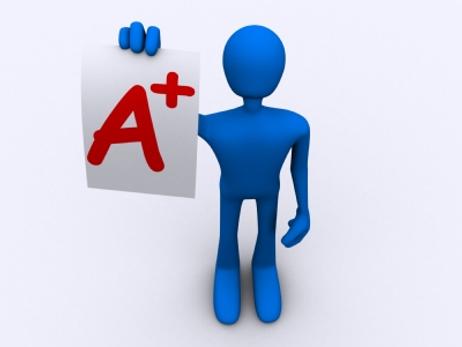
Most parents expect to see a progress report with grades on it. The standard letter grades tell where your child stands at a glance, or at least, that's what we have been led to believe. More important than the grades are your child's teacher's comments and the discussions you have concerning your child's progress. This is particularly important in the primary grades when learning difficulties surface. For example, our youngest daughter began struggling with math in 4th grade. We monitored her progress closely and did our best to help. Finally, it was obvious to us that some tutoring would be helpful. We arranged several months of math tutoring, which developed our daughter's confidence in understanding math concepts. Put another way, a grade is simply an indicator. Always look beneath the surface to determine what the real issue is.
Standardized grades. Common grading schemes.
Most schools use letter grades these days. But not every school uses the same letter grade scheme. This can cause problems when sending your child's transcripts to college admissions offices. For example, the A at one school may not be equivalent to the A at another school.
The most common grade scheme is the following:
A+ 97-100
A 93-96
A- 90-92
B+ 87-89
B 83-86
B- 80-82
C+ 77-79
C 73-76
C- 70-72
D+ 67-69
D 63-66
D- 60-62
F
Preventing Teen Suicide
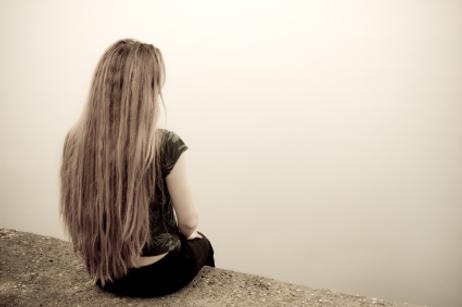
Every year there are reports of private school students taking their own lives. Suicide casts a terrible pall over any school community. It just seems so pointless, so senseless. Yet, had members of the community acted on the signals the young person was most likely sending, that suicide could have been prevented.
The academic work in private school can be very heavy. The pressures to succeed, to get into the best college, to not let parents and others down combined with the reality of adolescent uncertainities can create a climate for depression. Depression can lead to suicide. But suicide is preventable.
Suicide is preventable.
Suicide is the 3rd largest killer of young adults between the ages of 15-24. But teen suicide is preventable. You just have to know the warning signs. The following information from Kids Health tells you what to look for.
"Suicide among teens often happens after a stressful life event, such as problems at school, a breakup with a boyfriend or girlfriend, the death of a loved one, a divorce, or a major family conflict.
Teens who are thinking about suicide might:
- talk about suicide or death in general
- give hints that they might not be around anymore
- talk about feeling hopeless or feeling guilty
- pull away from friends or family
- write songs, poems, or letters about death, separation, and loss
- start giving away treasured possessions to siblings or friends
- lose the desire to take part in favorite things or activities
- have trouble concentrating or thinking clearly
- experience changes in eating
Cellphones In The Classroom: Good Or Bad?
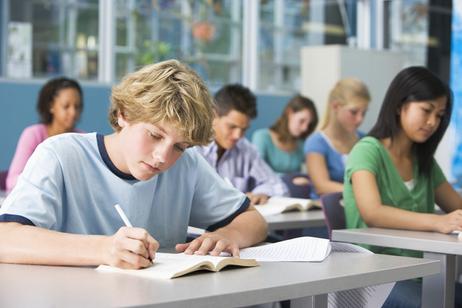
Thirty years ago, cell phones were expensive and underpowered. The only thing you could do with them was dial a number to speak with someone. Cell phones have morphed into high-powered devices called smartphones. They can make calls, text messages, take photos with one or two cameras, play music, and much more. As a result, cell phones, or rather, smartphones, can be both a useful tool and a distraction in school. Cell Phones In The Classroom: Learning Tool or Distraction outlines the issue facing teachers and administrators alike. The big advantage of allowing cell phones in the classroom is that the school doesn't have to build any local infrastructure. In other words, you don't have to wire buildings and set up servers to support students' and administrators' cell phones. The cell phone service provider takes care of all of that. Teachers can routinely deliver information and content via students' smartphones easily and conveniently.
Endless possibilities for good
40 Simple Ways To Use A Smartphone In The Classroom lists just some of the things you can do with a smartphone in the classroom. As an old teacher, I particularly like that you can use that one device to meet students at their own level. Yes, many students will spend endless hours gaming on their smartphones. But, most of the time, those gamers are the young people who will accept your challenge of designing an app for a specific purpose in your classroom. They understand the
My Child Has Been Expelled For Smoking Pot!
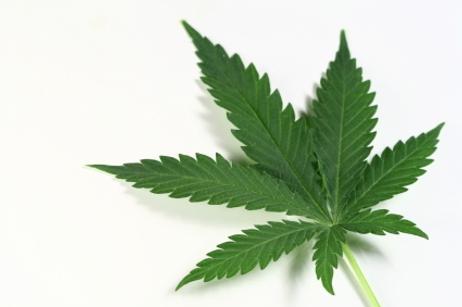
We parents hold our breath as our children enter the teenage years. They face so many temptations. They cope with so much peer pressure. Popular culture bombards them with notions of what is acceptable and what's cool. What's a parent to do? Sometimes it seems as though we are swimming against the tide. A very strong tide.
Regardless of what pressures our teenagers face, our job as responsible parents is to teach our children that there will be consequences for their actions. Some consequences are positive. Others will be negative. For example, when our teenagers learn to drive, they are taught that it is illegal to run a red light. Or to drink and drive. Those consequences seem pretty obvious. Most teenagers, but not all, tend to obey those basic rules. That's the point. We try very hard to teach our teenagers that rules are there for a purpose. You perhaps many not agree with the reason for the rule. You do, however, have to be aware of the rules and obey them.
But what about the consequences our children might face for breaking the rules in a private school? You see, private and public schools are very different when it comes to discipline. The difference between public and private schools becomes even more noticeable when handling big issues such as substance abuse, among other disciplinary matters. Most private schools will have immediate consequences for
Recent Articles




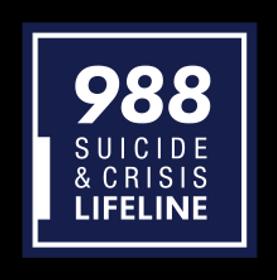


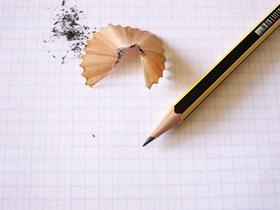
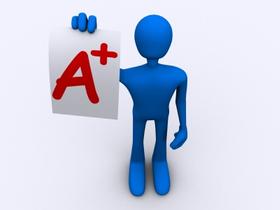






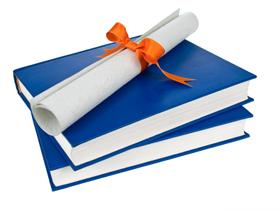




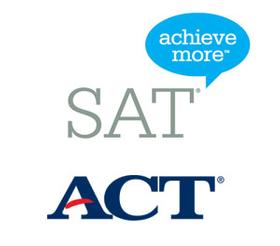


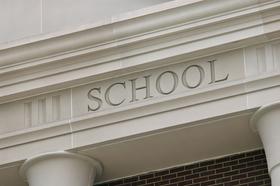


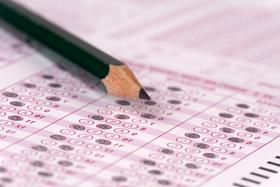

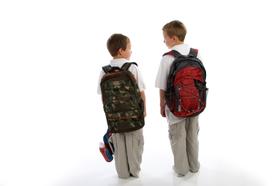





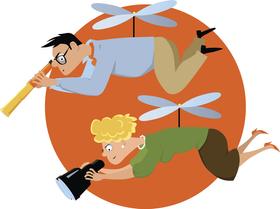


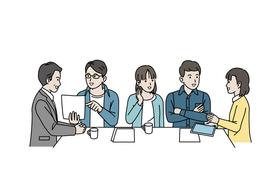




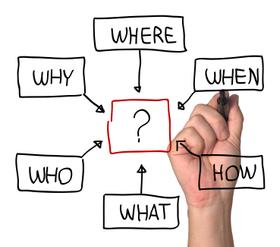
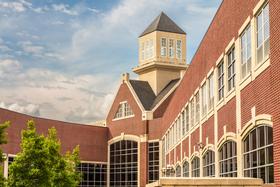

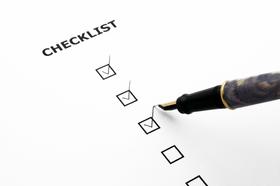

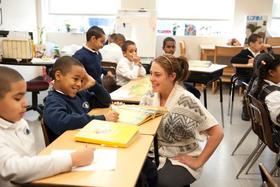
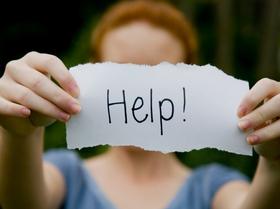


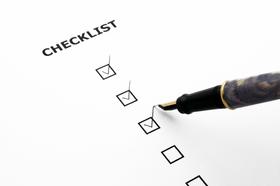

-4c3194pi4wis8gsg004w0g44w-280.jpg)